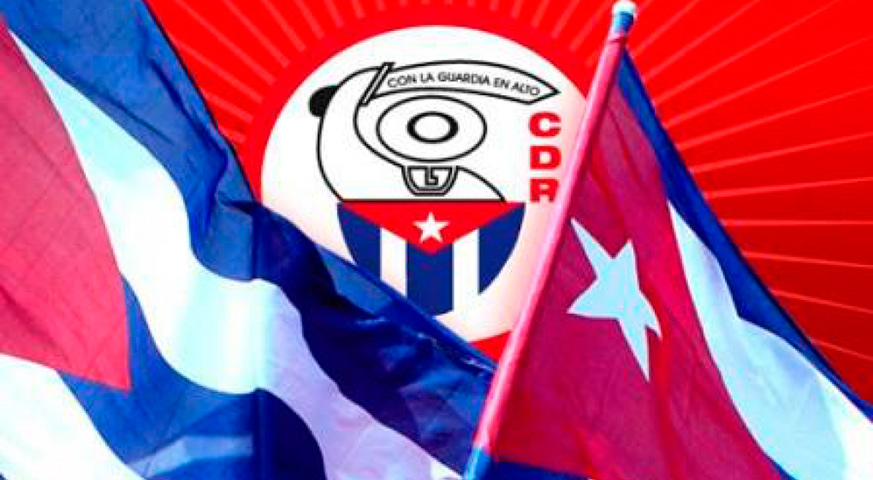
Las Tunas membership of the Committees for the Defense of the Revolution (CDR) has just started a process of analysis to strengthen the work of the largest mass organization in the country in each block, neighborhood, and community, taking as a guide the ideas, concepts, and assessments raised by the First Secretary of the Central Committee of the Communist Party of Cuba (PCC), and President of the Republic, Miguel Díaz-Canel Bermúdez, at the closing of the Eighth Congress.
Las Tunas, Cuba.- The pilot meeting, held last night at CDR 1 of Zone 241, in La Victoria district, was attended by Jaime Chiang Vega, governor of Las Tunas, Yanelis Tablada Ramírez, the secretary for ideology and support for economic tasks of the CDR’s National Coordination, and Maura Rodríguez Ramírez, provincial coordinator of the organization, among other guests.
"We do not come here to repeat the words of the President, but to seek ways that allow us to make them a reality through individual and collective contribution, the strengthening of unity and open combat against counterrevolutionary demonstrations, illegalities, and social indiscipline," Alexis Pérez Jorge, president of the host CDR, said at the opening of the dialogue.
True to this premise, there was highlighted the need to consolidate revolutionary vigilance, involve more patios in food production through the Urban, Suburban and Family Agriculture Program, and increase electricity savings.
The political and ideological work was in the focus of almost all the approaches because direct work with the people and families of the community is required; as well as greater youth activism, to successfully face the combat that is imposed on us through social media.
“There are always weak people, easy to fool by imperialism; hidden people - who act with double faces - to whom we must unmask and step out resolutely and without hesitation. We will never allow them to take us to the streets," a CDR member said.
In short, it was a meeting that reaffirmed the will of the people of Las Tunas to preserve, from the neighborhood, the achievements of the Cuban social system; it also became an emotional recognition to the historical leadership of the Revolution and absolute confidence in its young successors.





